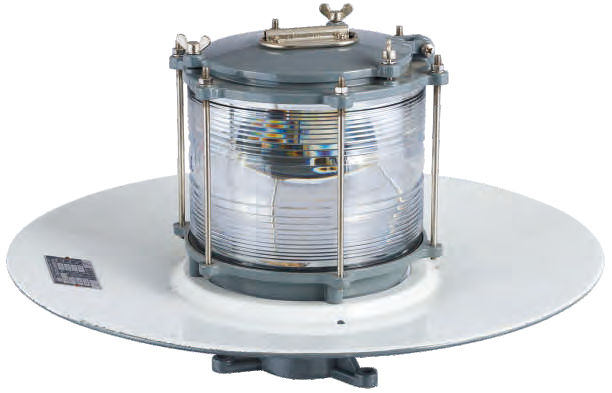From Battlefield to Modern Ship: The Evolution of Morse Code Signal Lights and the Innovation of the Yushuo Brand
From Battlefield to Modern Ship: The Evolution of Morse Code Signal Lights and the Innovation of the Yushuo Brand
Blog Article
Morse code signal lights, an ancient yet reliable communication method, trace their history back to the mid-19th century. From initial military applications to their continued presence in specific niches today, they have witnessed the rapid advancement of communication technology and demonstrated remarkable resilience. This article explores the evolution of Morse code signal lights, focusing on their modern application in maritime settings and the innovative features of Yushuo CXD7 model.

From Crude to Sophisticated: The Early Development of Morse Code Signal Lights
Early Morse code signal lights were rudimentary, typically consisting of an oil lamp or gas lamp, with manual obscuration of the light to generate dots and dashes. Primarily used for military communication, such as inter-fleet contact and communication between the front lines and the rear, they had limited transmission range, were susceptible to weather conditions, and were cumbersome to operate.
Technological Innovation and Expanded Applications: Electrification and Maritime Use
From the late 19th to the early 20th centuries, the invention of the electric light and related technologies revolutionized Morse code signal lights. Electric lights significantly improved brightness and reliability, while the introduction of mechanical devices simplified operation. During this period, the application range of Morse code signal lights expanded, becoming widely used in maritime settings as a crucial communication tool for ships under low visibility or at night, especially before the widespread adoption of radio communication.
Modern Applications and Challenges of Shipboard Morse Code Signal Lights
Although radio communication has become the primary communication method for modern vessels, Morse code signal lights still offer irreplaceable advantages in certain situations:
- Strong Anti-Interference Capability: Morse code signal lights are less susceptible to radio interference and can provide a reliable backup communication method when radio communication fails.
- Simplicity and Reliability: Their simple structure and ease of maintenance ensure stable operation even under extreme conditions.
- Emergency Communication Assurance: In the event of radio system failure or interference, Morse code signal lights provide a reliable backup communication method.
However, modern shipboard Morse code signal lights also face challenges:
- Limited Transmission Range: Compared to modern radio communication, their transmission range remains limited.
- Requires Skilled Operators (but with reduced proficiency requirements): While operators still need to understand Morse code, modern signal light designs simplify the operational process.
Yushuo CXD7: A Paragon of Innovation in Modern Shipboard Morse Code Signal Lights
Yushuo CXD7 model Morse code signal light addresses the needs of modern ship communication and the aforementioned challenges through several innovations:
- High-Brightness LED Light Source: The use of high-brightness LEDs significantly improves the signal light’s visibility and energy efficiency, extending service life and reducing maintenance costs. This is more energy-efficient and longer-lasting than traditional bulbs.
- Robust and Durable Design: The CXD7 features robust materials and design to withstand harsh marine environments, including salt spray corrosion, strong winds, and rain. This ensures reliable operation under various conditions.
- Simplified User Interface: While operators still need to understand Morse code, the CXD7 design simplifies the operational process, making it easier to learn and use. This reduces the training burden and error rate for operators.
- Compliance with International Association of Marine Aids to Navigation and Lighthouse Authorities (IALA) Standards: The CXD7 complies with International Association of Marine Aids to Navigation and Lighthouse Authorities (IALA) standards, ensuring compatibility and reliability in international shipping.
The Yushuo CXD7 is not merely a simple upgrade of traditional Morse code signal lights; it represents a significant improvement in reliability, ease of use, and durability, providing modern vessels with a reliable backup communication method and playing a crucial role in emergencies. While radio communication dominates, Morse code signal lights, as a reliable backup communication method and for their historical and cultural value, will continue to play an important role in specific areas, and the Yushuo CXD7 represents technological progress in this field. Report this page